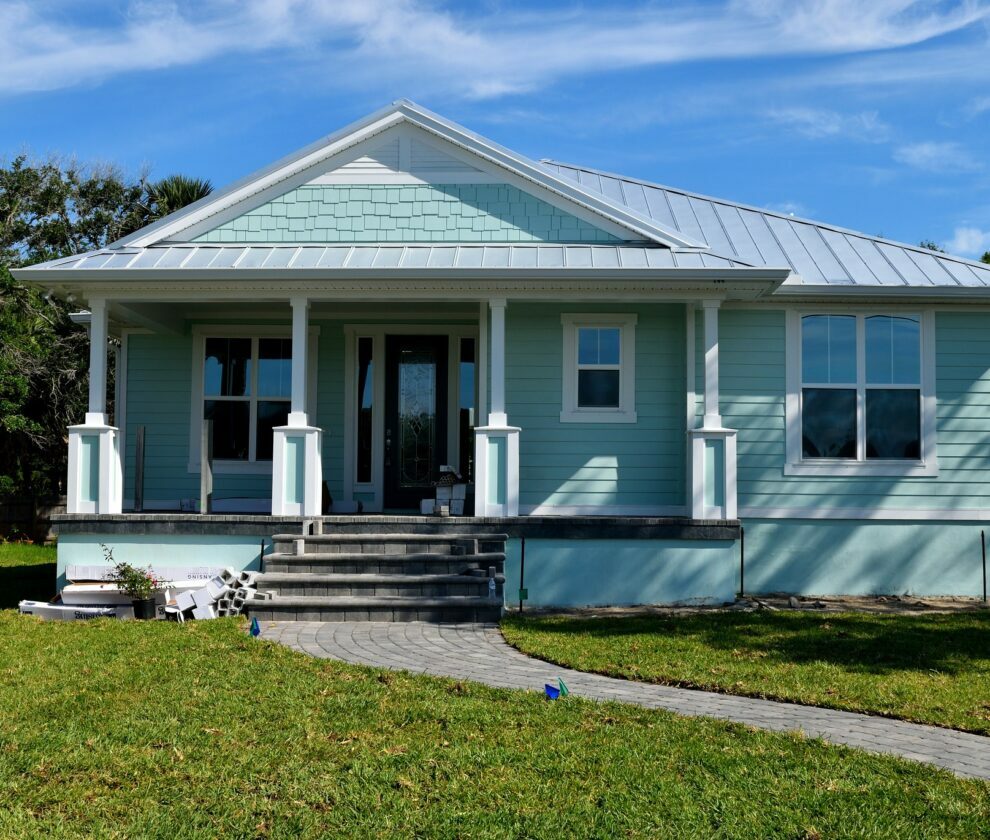
Although the prices of homes in Canada are surging at a significant rate, it is important to highlight that Canada’s housing market is not a bubble. What this means is that the current rise in prices will decrease in the near future, however, considering all factors associated with the housing market, this does not seem to be true. Housing prices will continue to rise unless the housing market is flooded with new house listings, however, such a housing supply increase is still afar and requires immense efforts both from the government and businesses.
Analysts have posited that because the housing demand within Canada is increasing exponentially while the supply is not, prices will continue to increase, and this trend does not represent a housing bubble. The question that is still unanswered is what the future will bring and whether the supply and demand will balance in the near future.
Economist Robert Kavcic said, “I hesitate to throw the word bubble around just because something has increased in price, even if it’s increased a lot, as Canadian housing has,”. An essential point to highlight is that the word ‘bubble’ has been extensively used by Canadian media in order to describe the red-hot Canadian real estate market. Regardless, the word bubble might not be a perfect descriptor to portray the housing markets of Vancouver and Toronto, according to the nation’s central bank.
Furthermore, the Bank of Canada released their Housing Price Exuberance Index (HPEI) indicator, and the results depict that before the pandemic, the Toronto housing market’s HPEI was above 1.00, in the red zone, while Vancouver was in green territory. Moreover, Toronto and Vancouver housing markets did not make the list of exuberant markets, in the post-crisis housing sector. Only two municipalities were in the red zone which were Montreal and Hamilton.

Will there be a slow-down in the Vancouver and Toronto housing markets? The market fundamentals suggest not. In accordance with Toronto Regional Real Estate Board (TRREB), the sales of residential property surged by 28% in 2021, sustained by high demand and remarkably low inventories. Because of this, the average sale price was $1.095 million which is more than 2020’s high of $929,636.
On the other hand, the Vancouver real estate market experienced a boost of 42.2% related to home sales in 2021 which is 33.4% above the decade’s average. Because of how demanding the Vancouver market is, the benchmark price of a detached home is $1.9 million, while for a semi-detached home the price is nearly $1 million. Keith Stewart of Real Estate Board of Greater Vancouver highlighted that because of the low interest rates in the past few months, purchasing a home has been the focus of many citizens.
Furthermore, the Canadian Mortgage and Housing Corporation also posited that supply relief towards housing market is still inconspicuous, and the next several months would be interesting in the Canadian real estate market due to the rising interest rates, tighter mortgage lending standards, and swelling inflation nationwide.


